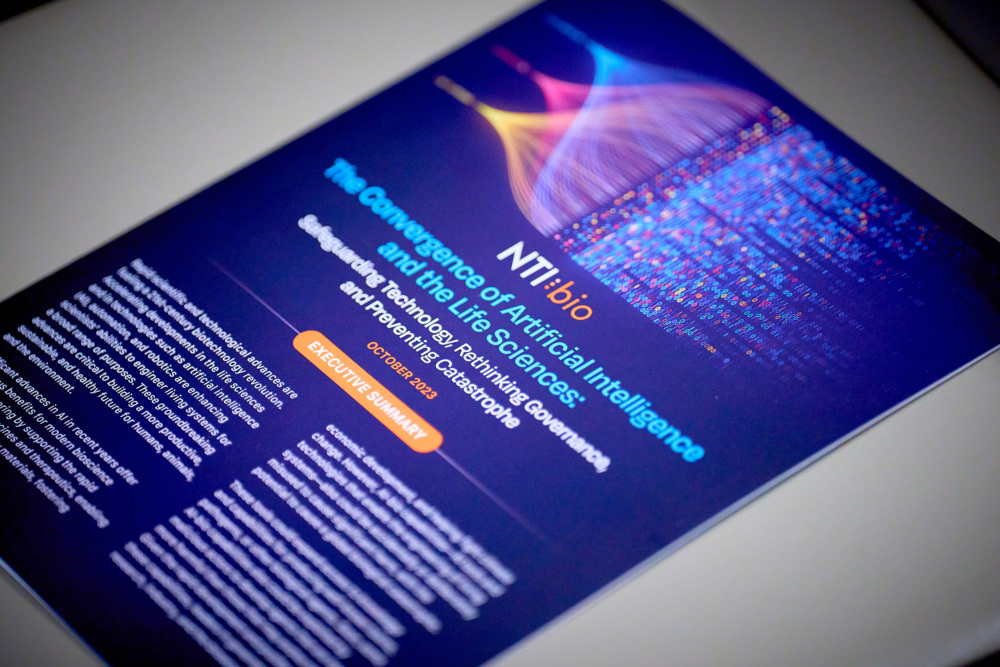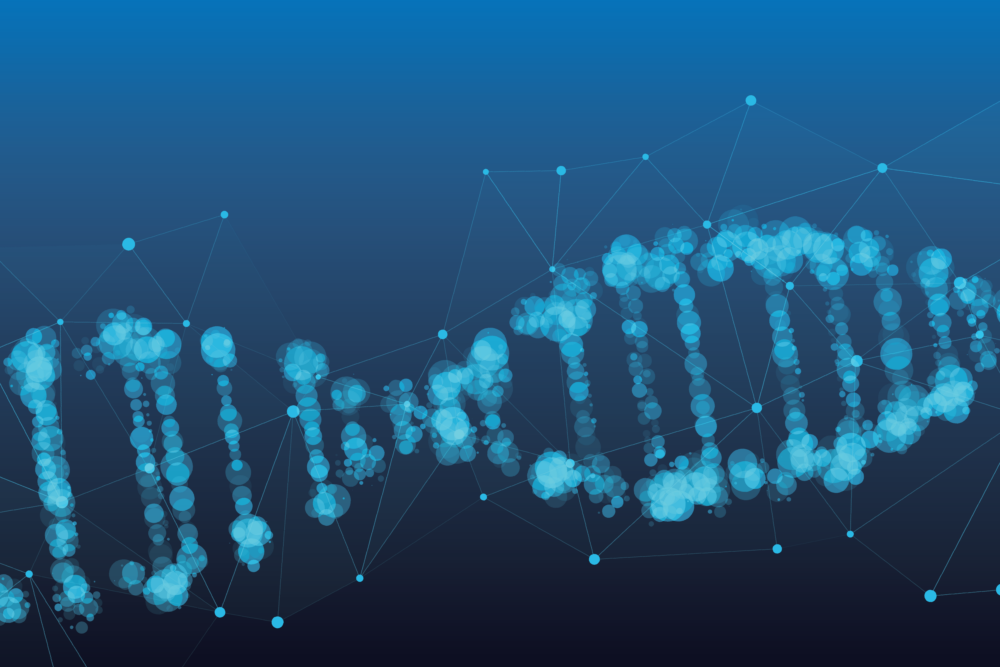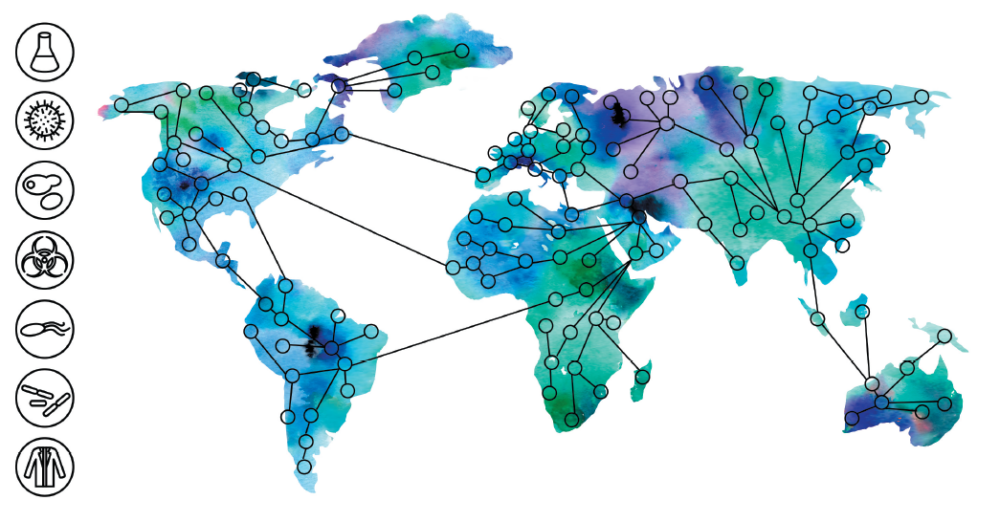
Public Private Partnerships in trust-based public health social networking: Connecting organizations for regional disease surveillance (CORDS)
Journal of Commercial Biotechnology (2011) Volume 17
Co-authors: Leslie A Pray, Suwit Wibulpolprasert and Beverly Trayner
The article describes a new trust-based global health security initiative known as CORDS: Connecting Organizations for Regional Disease Surveillance. Initiated and managed by the Nuclear Threat Initiative with support of The Rockefeller Foundation, Fondation Mérieux and the Skoll Global Threats Fund. CORDS is a non-governmental platform to transform dialogue among public health, veterinary and wildlife professionals from multi-country infectious disease surveillance networks. It also links with the World Health Organization, World Organization for Animal Health and other global partners in managing cross-border emerging infectious disease threats and building disease surveillance capacity. The public–private partnerships of CORDS create a global social fabric and continuity of disease experts based upon trust.
Click here for access to the article through the publisher.
Stay Informed
Sign up for our newsletter to get the latest on nuclear and biological threats.
More on

The Convergence of Artificial Intelligence and the Life Sciences
New report from NTI | bio offers recommendations for urgent actions that leaders within government, industry, the scientific community, and civil society should take to safeguard AI-bio capabilities.

Benchtop DNA Synthesis Devices: Capabilities, Biosecurity Implications, and Governance
A new NTI | bio report describes the status of benchtop DNA synthesis devices, explains the risks for biosecurity, and recommends action and oversight by governments, industry, and the scientific community.

The Biorisk Management Casebook: Insights into Contemporary Practices
Practical solutions for organizations involved in life science research to manage risks and prevent accidents, misuse, and other adverse outcomes stemming from their work.
